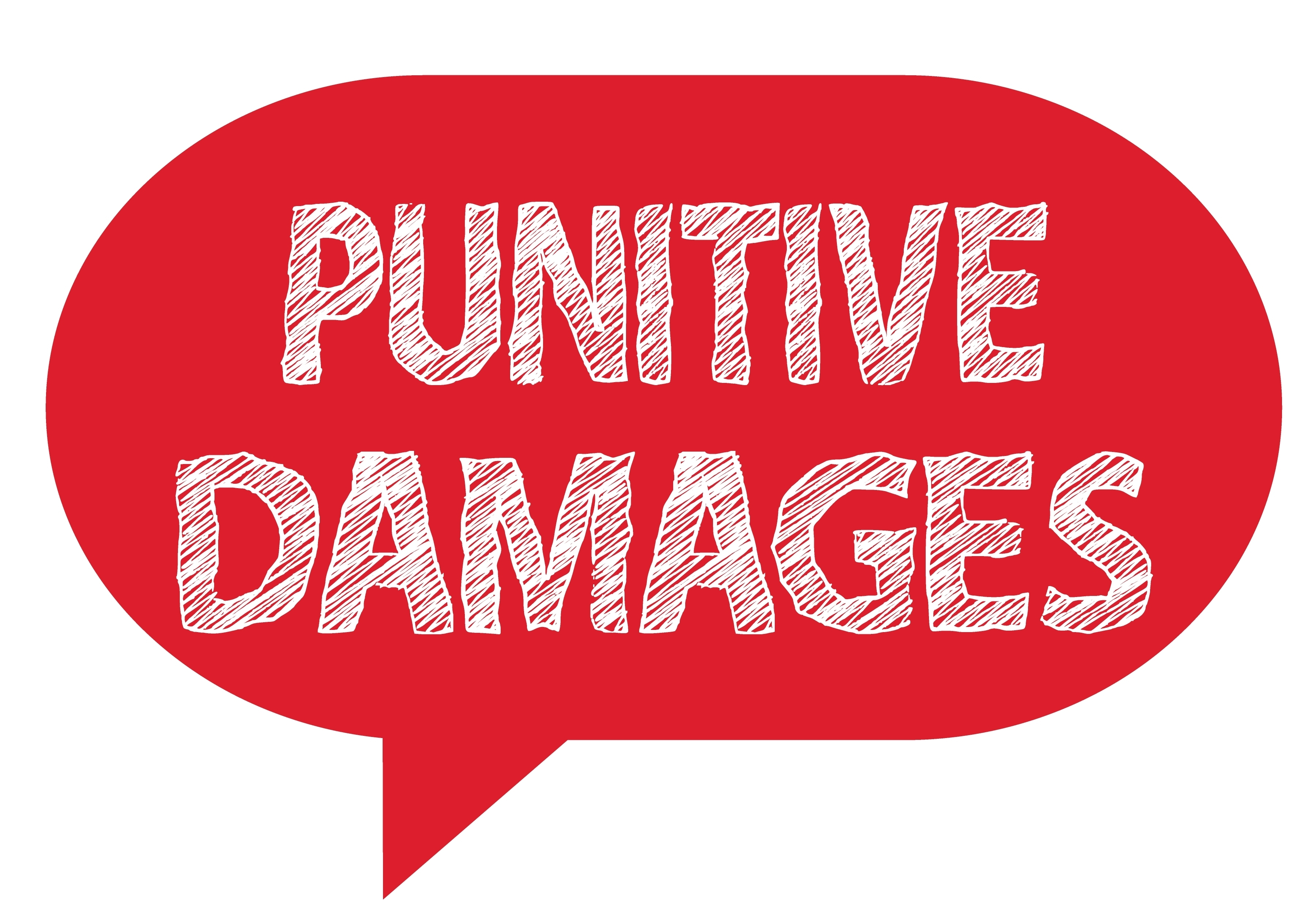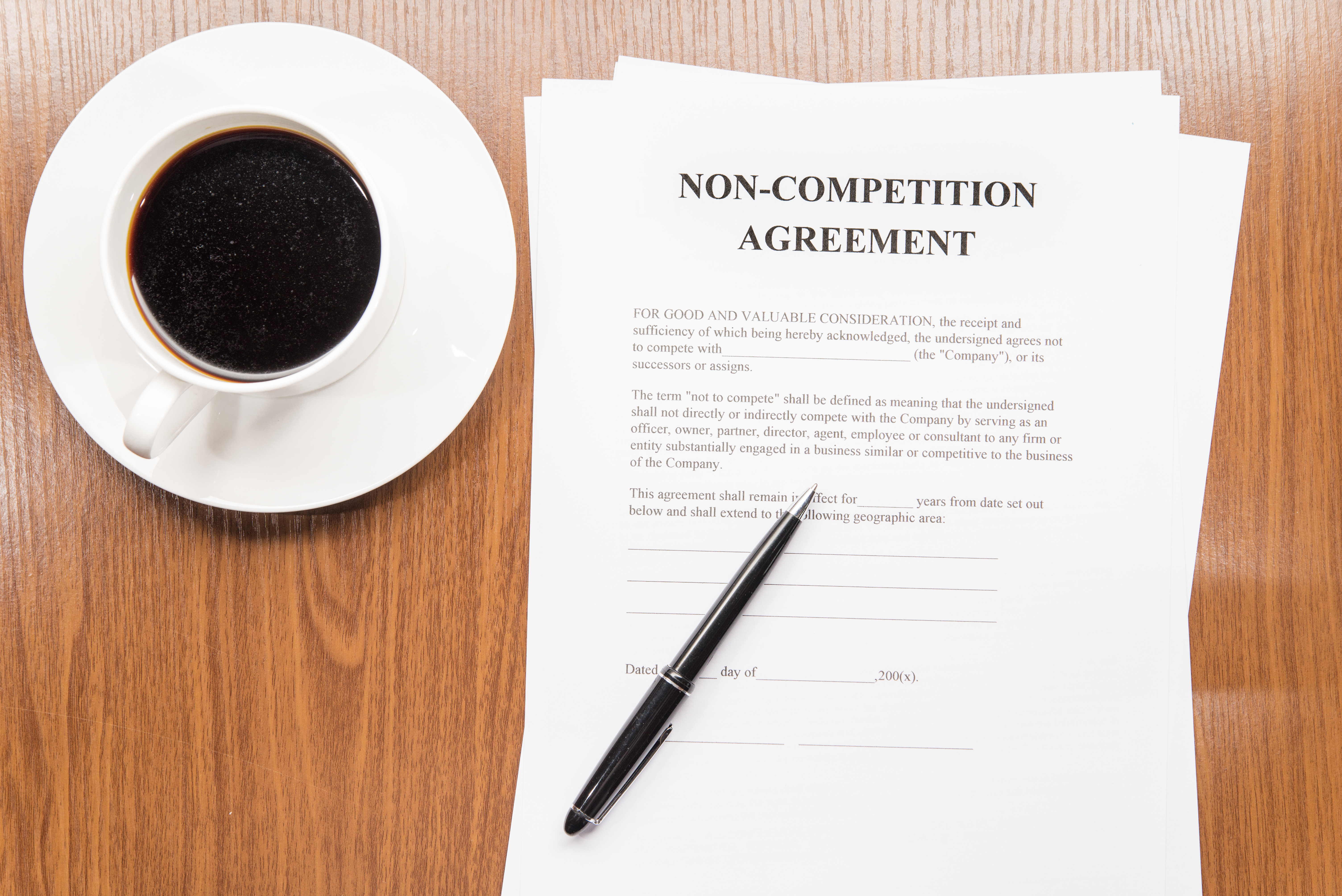Admitting a Business Record Under the Hearsay Exception
If you have perused this blog, then you know if there is a new case discussing the business records exception to the hearsay rule, I am writing about it. The reason being is that it comes up in many business disputes. Lately, there has been a trend where this business records exception comes up in mortgage foreclosure cases where the borrower argues that the lender failed to properly introduce key evidence (such as payment histories) under the business records exception. As a result, the evidence was inadmissible hearsay warranting a reversal of a foreclosure judgment. The recent opinion in Evans v....
Continue reading











